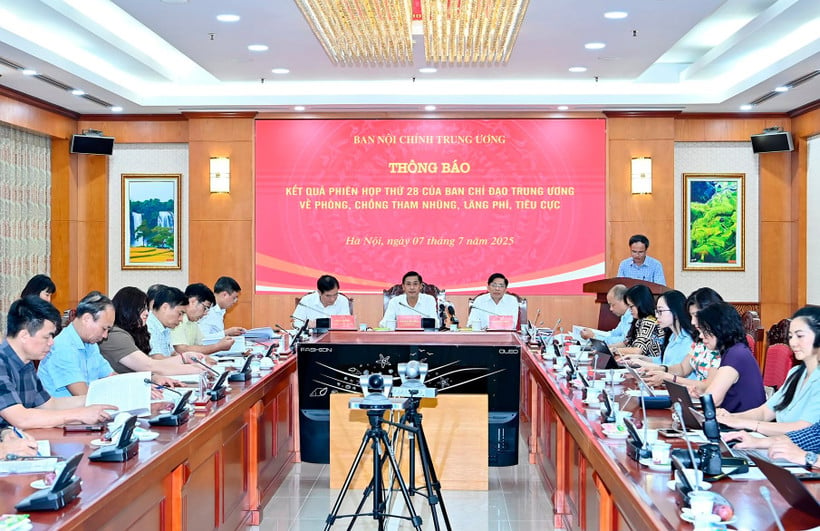
Ensuring sustainable development in the new revolutionary period requires two parallel tasks: resolutely fighting against “group interests”, “backyards”, and “secret collusion” for personal gain, while building institutions and a healthy business environment to ensure that the private economy is the most important driving force of the national economy. That requirement requires fundamental solutions, linking the fight against corruption and negativity with socio-economic development, aiming to “fight resolutely and build sustainably” according to the direction of General Secretary To Lam.
Lesson 1: Identifying signs and violations
One of the urgent requirements raised through the process of inspection, examination, auditing, investigation, prosecution, and trial of cases and incidents occurring in the non-state economic sector is to focus on fully identifying the manifestations and acts of violations; clearly determining the causes, taking corrective measures, promptly preventing and not allowing the recurrence of previous violations.
Painful lessons
The coordination in detecting and handling corruption, waste and negativity (TNLPTC) in recent times has shown the strong and consistent direction of the Party and State, and at the same time pointed out painful lessons in the management, exploitation and use of public assets, as well as the management, education and training of Party members, especially those in positions of power. A series of leaders and managers, including high-ranking officials of the Party and State; key officials of central departments, ministries, branches, provinces, cities and officials in agencies with the function of preventing TNLPTC have been subject to Party discipline, administrative discipline and criminal prosecution. It is worrying that the higher the position of the degraded official, the more serious the scope, extent and consequences.
Through a number of economic corruption cases that have emerged recently, the violations that have formed in the "official-commercial" relationship have caused extremely heavy losses in public assets; a series of leaders have committed serious violations, from central to local agencies such as at Viet A Company; Dai Ninh Urban Area Project in Lam Dong Province (old); at joint stock companies of the group: Thuan An, Phuc Son, AIC, Van Thinh Phat, etc. The relationship between officials and enterprises in the above cases is binding, relatively common and harmful, when it forms an "interest group" to illegally benefit, even monopolizing politics, dominating the work of local cadres.
From the reality of inspection work when there are signs of violations, comrade Trieu Van Chien, Head of Department II, Central Inspection Committee said that in most of the above cases, there is impact and intervention from high-level leaders. The "intentional" and "purposeful" impact of superiors has caused party organizations and lower-level political systems to lose their leadership role, even become paralyzed and lose the courage to fight, leading to cadres knowing they are wrong but not daring to speak up, or carrying out "directions" regardless, partly because they are manipulated by interests, and partly because they believe they have "backing" forces.
According to some conclusions of the Central Inspection Committee through inspection when there were signs of violations, it was pointed out that party organizations and party members violated the principle of democratic centralism, Party regulations, and working regulations; lacked responsibility, lax leadership, direction, and lack of inspection and supervision, leading to serious violations in the process of leading, directing, and organizing the implementation of investment projects in the area. Violations occurred in almost all stages from policy to project preparation, submission, approval, and implementation; violated bidding regulations...; and allowed incompetent enterprises to collude, manipulate, intervene, influence, and dominate.
Many cadres and party members, including key cadres and local and unit leaders, have degraded in political ideology, ethics, and lifestyle; violated Party regulations, regulations on what party members are not allowed to do and the responsibility to set an example; violated the law on preventing and combating corruption; abused their positions and powers in performing public duties; accepted bribes, created illegal conditions for enterprises to win bids, made illegal profits, and risked great losses to the state budget. Cases had to be prosecuted and many defendants prosecuted, as happened at Thuan An Group Joint Stock Company, Phuc Son...
Degeneration and its consequences
The work of inspection, auditing, investigation, prosecution and trial has identified a number of bases for the formation of abnormal relationships between officials with positions and power and the non-state economic sector. Objectively, due to the incomplete legal system and socialist-oriented market economic institutions, lack of publicity and transparency, many loopholes exist that are easily exploited and form a mechanism of asking and giving, creating opportunities for negative behavior, unwritten agreements between officials, degraded party members and businesses for both sides to "benefit".
Many uneducated officials have become the "backyard" of enterprises, even protecting illegal activities such as smuggling, counterfeiting, and poor quality goods. These "backyard" enterprises often take on contracts for State investment projects; using the "blue team, red team" or designated bidding tricks, then inflate the investment value to request additional capital, extend the time, and request compensation for price inflation. Behind these secret agreements are ineffective projects that are rarely inspected and monitored.
More dangerously, when weaknesses and violations are discovered, the competent inspection agency is forced to intervene, but instead of recommending proper implementation of legal regulations, corrupt and degenerate officials have accepted bribes, colluded at many levels and sectors, and adjusted inspection conclusions and recommendations to benefit businesses, such as at the Dai Ninh Urban Area Project; SCB Bank...
The violations at the Dai Ninh Project have caused particularly serious consequences, not only causing huge economic losses but also negatively affecting the work of cadres and state management. In this case, corruption has infiltrated the authorities from the central to provincial levels. Many officials involved, former ministers, Provincial Party Secretaries, and Chairman of the People's Committee of Lam Dong Province (formerly), have been prosecuted for abusing their positions and powers while performing official duties and accepting bribes. Changing the legal status of the project, from having to be revoked to allowing extension and delay, has invisibly "opened the way" for the General Director of Saigon Dai Ninh Company to illegally profit more than 2,700 billion VND from project transfer; encroaching on hundreds of hectares of forest land; wasting thousands of hectares of reservoir land..., causing heavy losses to national assets and people's trust.
At the Standing meeting of the Central Steering Committee on Prevention and Control of TNLPTC held on September 29, 2025, General Secretary To Lam, Head of the Steering Committee, stated that there was collusion between criminal gangs hiding under the guise of businesses and corrupt officials, including key leaders of some localities and officials in agencies with the function of preventing and controlling TNLPTC, causing public outrage, affecting the investment and business environment and people's trust, related to violations in resource exploitation, minerals, auctions, tax evasion, giving, receiving, and brokering bribes, etc.
The General Secretary noted in particular that the situation of "officials-businessmen" colluding to gain profits is increasingly sophisticated and distorted; more dangerously, with the "officials-businessmen-criminals" relationship, subjects collude, collude, form "interest groups" to gain profits, even control and monopolize power; emphasizing that identifying, destroying and eliminating these connections is extremely important, we have done and will continue to do so in the coming time.
(To be continued)
Source: https://nhandan.vn/bai-1-nhan-dien-cac-bieu-hien-hanh-vi-vi-pham-post919114.html


![[Photo] New-era Party members in the "Green Industrial Park"](https://vphoto.vietnam.vn/thumb/1200x675/vietnam/resource/IMAGE/2025/10/30/1761789456888_1-dsc-5556-jpg.webp)

![[Photo] Prime Minister Pham Minh Chinh chaired a meeting to evaluate the operation of the two-level local government model.](https://vphoto.vietnam.vn/thumb/1200x675/vietnam/resource/IMAGE/2025/10/29/1761751710674_dsc-7999-jpg.webp)


![[Photo] Fall Fair 2025 - An attractive experience](https://vphoto.vietnam.vn/thumb/1200x675/vietnam/resource/IMAGE/2025/10/30/1761791564603_1761738410688-jpg.webp)



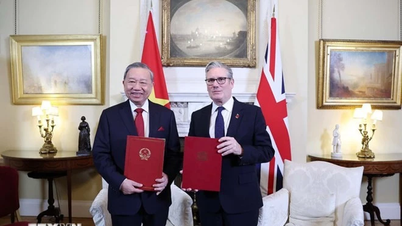

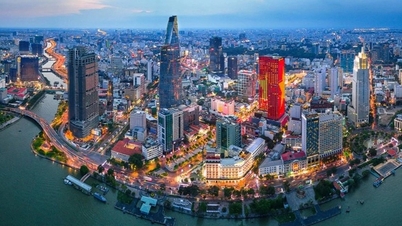
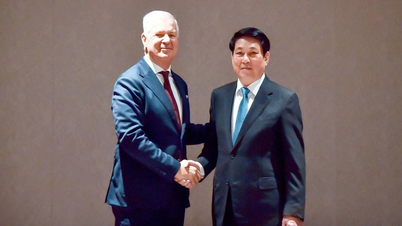






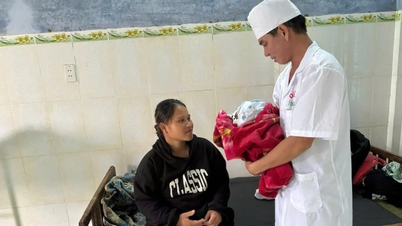
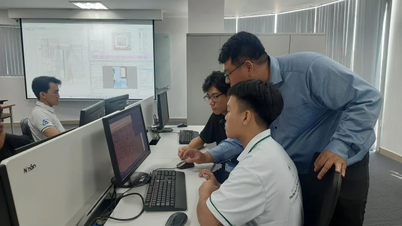
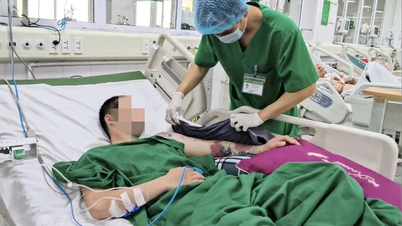
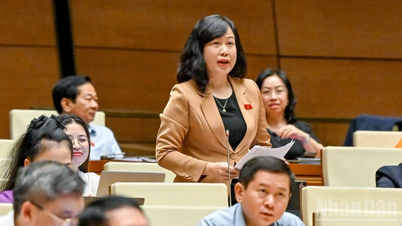
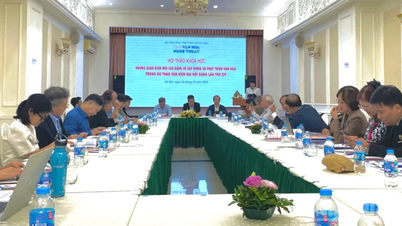
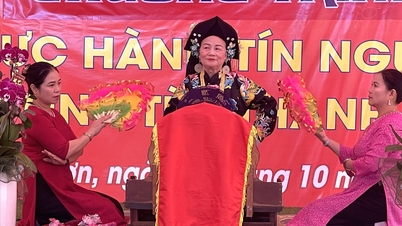

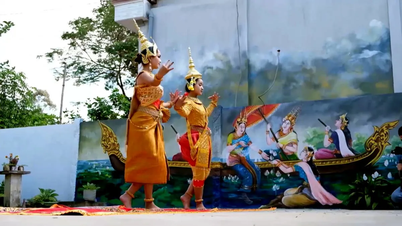


















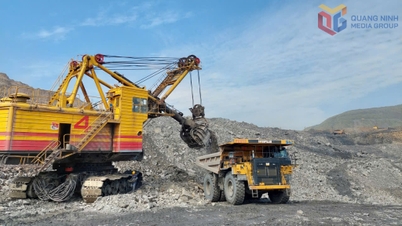




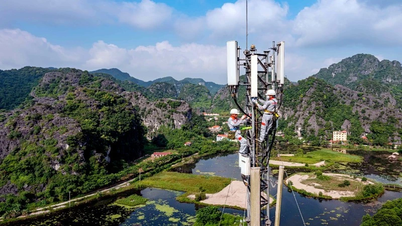


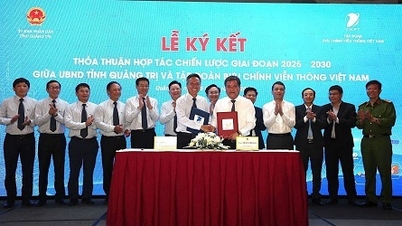







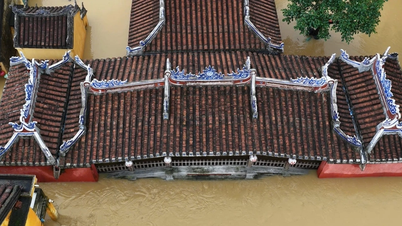

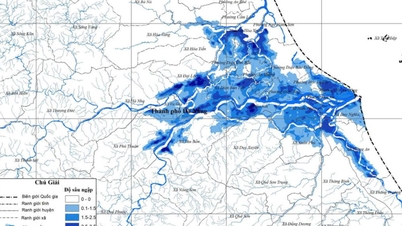



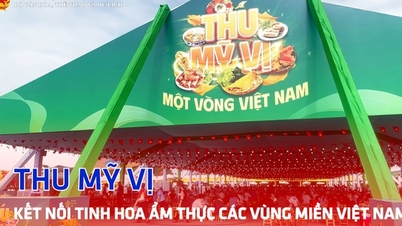

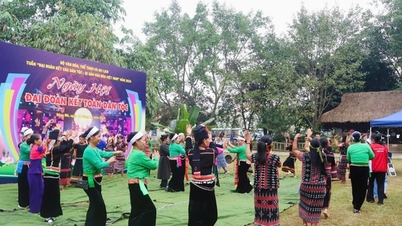
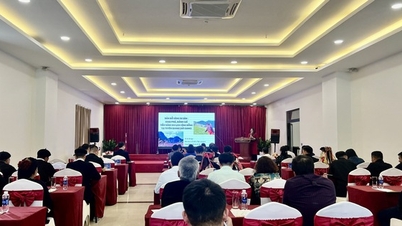
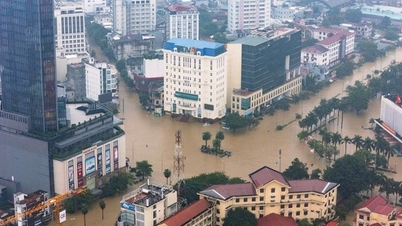
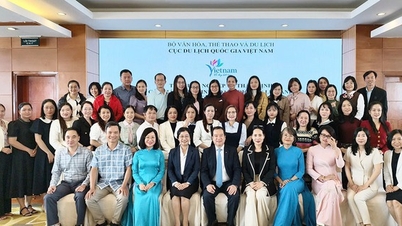
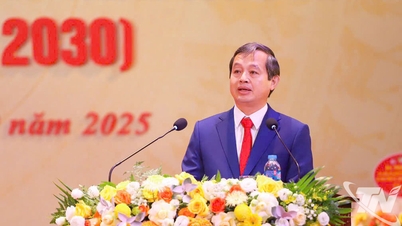

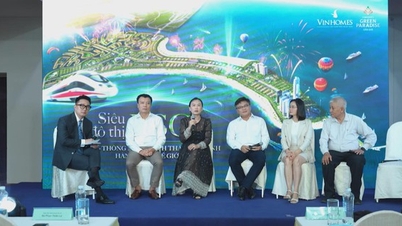
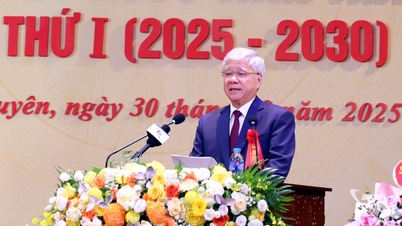
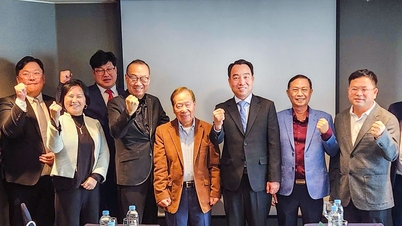

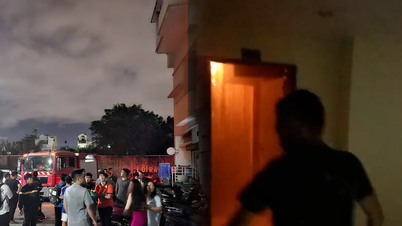

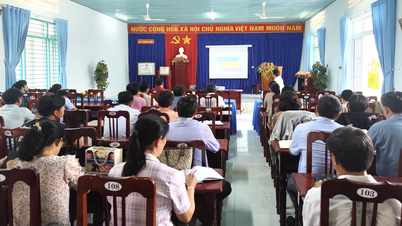
















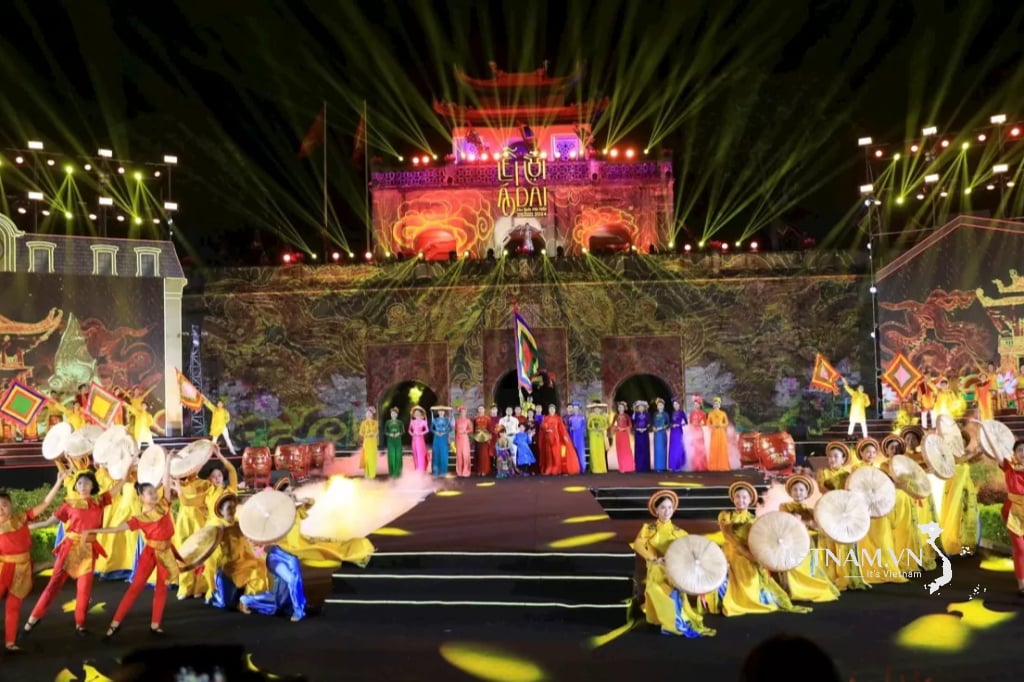
Comment (0)